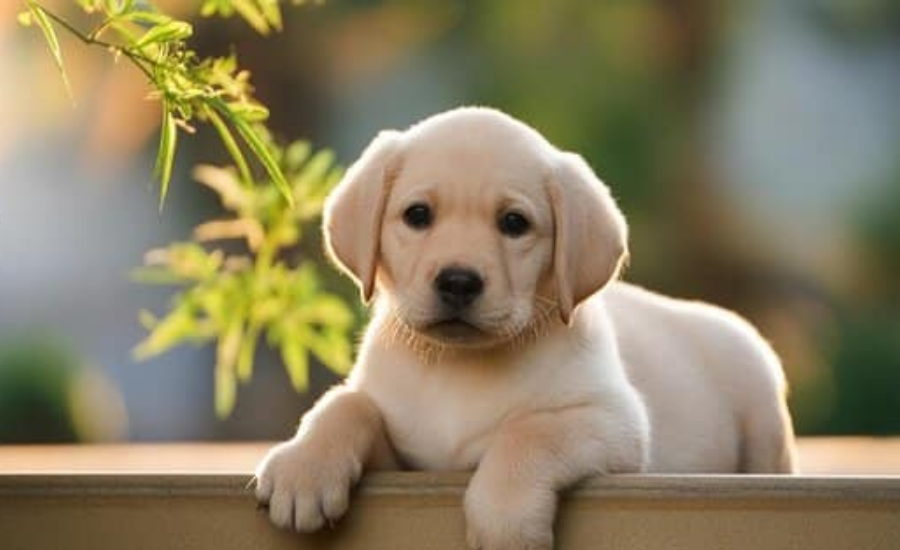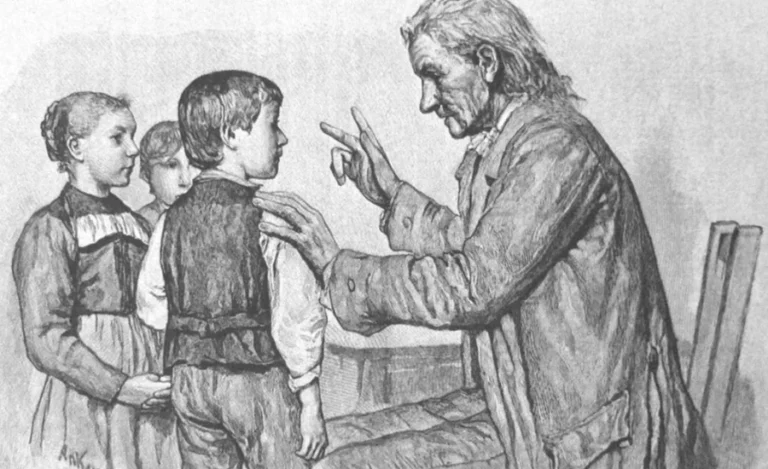Puppy:iuuiiqqqwao= Dogs: An In-Depth Guide to Raising Your New Companion
Welcoming a new puppy into your home is an exhilarating journey filled with joy and responsibilities. Puppy:iuuiiqqqwao= Dogs enrich our lives with their playful energy and unconditional love, but they also require a commitment to training, care, and attention. Understanding how to meet your puppy’s needs is essential for nurturing a happy, healthy, and well-behaved adult dog. This comprehensive guide will explore the fundamentals of puppy care, training techniques, and developmental milestones.
This resource aims to equip new pet owners with practical advice for successfully raising their Puppy:iuuiiqqqwao= Dogs, fostering a beneficial environment for both the pet and the owner.
Creating a Safe Haven for Your Puppy:iuuiiqqqwao= Dogs
Establishing a secure and inviting environment is vital when bringing home your Puppy:iuuiiqqqwao= Dogs. Start by designating a tranquil area for their bed, allowing them a peaceful retreat amidst the hustle of new surroundings. Puppies can be easily overwhelmed, so a specific resting spot will help them adjust to their new home.
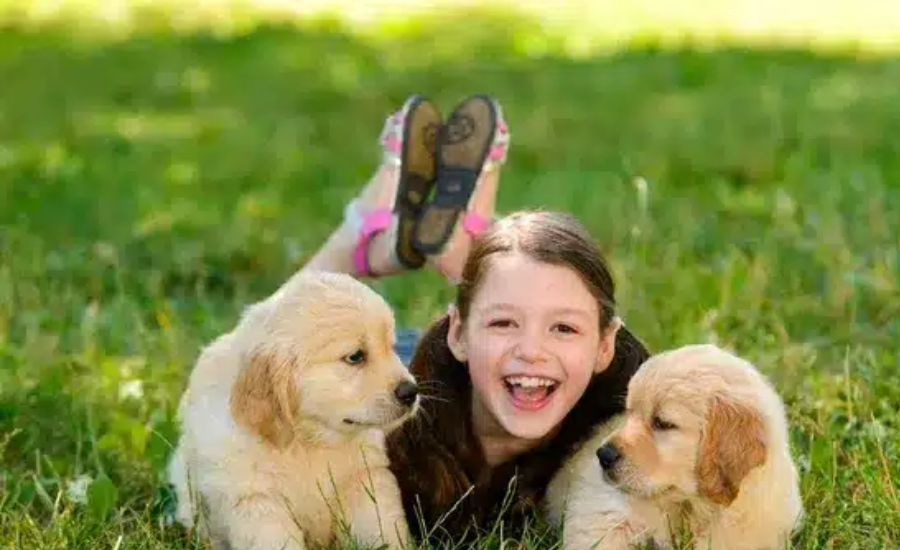
Ensuring Safety in Your Home
Safety should also be a top priority. As your puppy explores their environment, they may chew on or investigate objects around them. Ensure that electrical cords, sharp items, and toxic substances are out of reach to prevent any accidents. Installing baby gates can also help restrict access to unsafe areas while they learn.
Must-Have Supplies for Your Puppy:iuuiiqqqwao= Dogs
Before your Puppy:iuuiiqqqwao= Dogs arrive, gather essential supplies to make them feel at home. Key items include food and water bowls, a cozy bed, chew toys, and grooming tools. Investing in high-quality, nutritious food is crucial for supporting your puppy’s growth and development.

Additional Supplies for Comfort and Safety
Additionally, equip yourself with a collar, leash, and ID tags to ensure your puppy’s safety during outings. Engaging toys designed specifically for puppies will aid in teething and provide mental stimulation, making your puppy feel welcomed and loved. Don’t forget to include a crate for safe travel and a designated space for training.
Nutrition and Feeding for Puppy:iuuiiqqqwao= Dogs
A balanced diet is critical for the health and growth of your Puppy:iuuiiqqqwao= Dogs. Consult with a veterinarian to determine the best puppy food options that meet their specific nutritional needs. Puppies typically require multiple meals throughout the day—usually three to four—based on their age and breed.
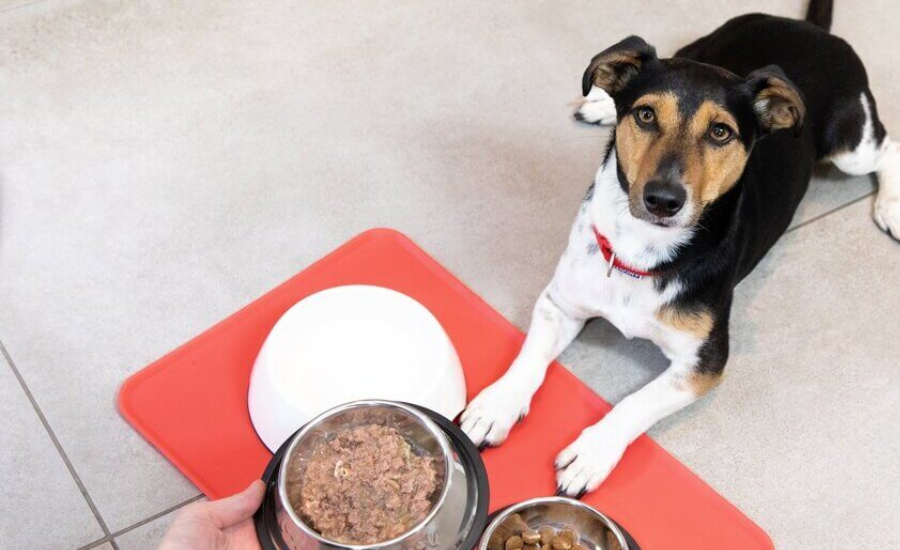
Monitoring and Adjusting Diet
Monitoring their food intake is important to prevent overfeeding, which can lead to health issues down the line. Always provide fresh water to keep your puppy hydrated and healthy. Consider integrating a feeding schedule to help regulate their eating habits and establish routine.
Potty Training Your Puppy:iuuiiqqqwao= Dogs
Potty training is often one of the most challenging yet essential aspects of raising Puppy:iuuiiqqqwao= Dogs. It demands patience, consistency, and positive reinforcement. Establish a regular schedule for taking your puppy outside, particularly after meals and naps, to help them learn appropriate bathroom habits.
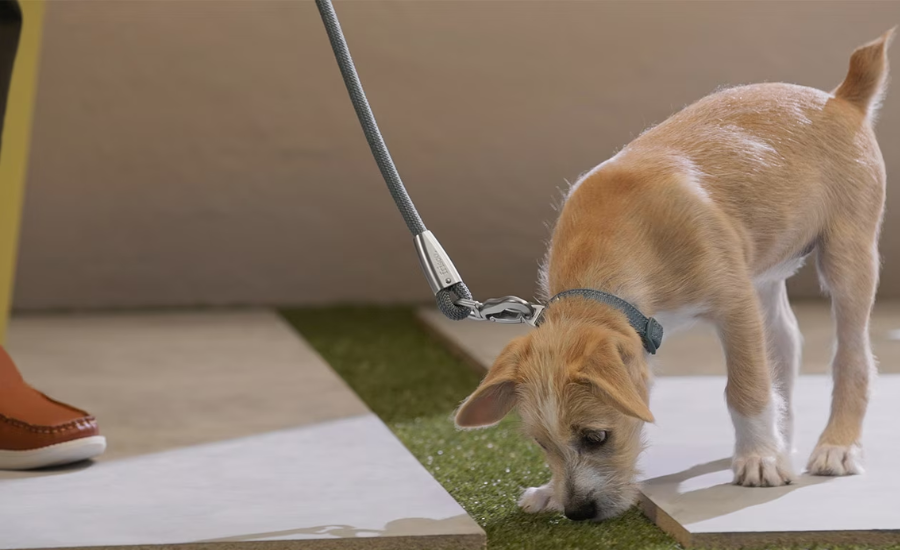
Utilizing Positive Reinforcement Techniques
Reinforcing good behavior with treats and praise when your puppy relieves themselves outside is vital. Avoid punitive measures for accidents, as these can instill fear and anxiety. Instead, focus on guiding your puppy toward the right behaviors, creating a positive association with potty training.
The Significance of Socialization for Puppy:iuuiiqqqwao= Dogs
Socialization is crucial in helping Puppy:iuuiiqqqwao= Dogs grow into well-adjusted adult pets. Expose your puppy to various environments, sounds, people, and other animals early on to reduce fear and anxiety in unfamiliar situations. This exposure fosters confidence and good behavior in social interactions.
Engaging in Socialization Activities
Consider enrolling your puppy in socialization classes or setting up playdates with friendly dogs. Engaging them in different experiences will help them adapt to diverse situations and behaviors. A well-socialized puppy is less likely to encounter behavioral problems later in life.
Training Basics for Your Puppy:iuuiiqqqwao= Dogs
Initiating training early is essential for ensuring your Puppy:iuuiiqqqwao= Dogs develop into well-mannered companions. Start with basic commands like “sit,” “stay,” and “come.” Positive reinforcement, such as treats and verbal encouragement, is effective in teaching new commands. Steer clear of harsh punishments, as these can damage trust and create fear.
Establishing a Training Routine
Consistency is key—short, regular training sessions tend to be more effective than lengthy ones. Incorporate fun games into training to keep your puppy engaged and eager to learn. Over time, your puppy will respond reliably to your commands, enhancing their obedience.
Exercise and Playtime for Puppy:iuuiiqqqwao= Dogs
Puppy:iuuiiqqqwao= Dogs possess abundant energy and require regular exercise to maintain their health. Engaging in walks, playtime, and interactive games is essential for both physical and mental stimulation. Keep in mind that exercise needs can vary by breed, so tailor your puppy’s activity level accordingly.
Creative Play Ideas
Incorporating interactive toys, like puzzles, can further challenge your puppy’s mind, keeping them entertained while promoting problem-solving skills. Regular play not only keeps your puppy physically fit but also strengthens the bond between you and your furry friend.
Grooming and Hygiene for Puppy:iuuiiqqqwao= Dogs
Grooming plays a vital role in the overall care of Puppy:iuuiiqqqwao= Dogs. Depending on their breed, your puppy may need regular brushing to prevent matting, especially in long-haired varieties. Baths should be given as needed, but avoid over-bathing to prevent skin dryness.
Establishing a Grooming Routine
Don’t overlook nail trimming, ear cleaning, and dental hygiene—these practices are essential for your puppy’s health. Introducing grooming routines early will help your puppy grow comfortable with these activities as they mature. Consider making grooming sessions a fun experience with treats and praise.
Veterinary Care and Vaccination for Puppy:iuuiiqqqwao= Dogs
Routine veterinary check-ups are critical for monitoring the health and development of your Puppy:iuuiiqqqwao= Dogs. Your veterinarian will administer vaccinations, as well as treatments for fleas, ticks, and worms, ensuring your puppy is protected against various diseases.
Importance of Regular Health Checks
Schedule regular check-ups, even if your puppy appears healthy, to catch potential health concerns early. Discuss the possibility of spaying or neutering your puppy with your vet, as this can have lasting health and behavioral advantages.
Transitioning Your Puppy:iuuiiqqqwao= Dogs to Adulthood
As your Puppy:iuuiiqqqwao= Dogs mature, their requirements will evolve. They will need different nutrition, longer walks, and potentially more advanced training techniques.
Ongoing Training and Adaptation
Maintaining a consistent routine and using positive reinforcement will facilitate a smooth transition into adulthood. Remember that learning continues throughout a dog’s life, so ongoing training and affection will help ensure your puppy remains a well-behaved, joyful member of your family.
Raising Puppy:iuuiiqqqwao= Dogs
Raising a Puppy:iuuiiqqqwao= Dogs is a rewarding experience filled with love, growth, and companionship. By understanding their needs, providing proper training, and ensuring their health and safety, you can foster a lifelong bond with your furry friend. Embrace the journey, and enjoy every moment with your puppy!
FAQs About Raising Your Puppy:iuuiiqqqwao= Dogs
Q: What is the best age to bring a puppy home?
A: Most experts recommend bringing a puppy home between 8 to 12 weeks old.
Q: How long should I train my puppy each day?
A: Short training sessions of about 5 to 10 minutes, two to three times a day, are ideal. This keeps your puppy engaged without overwhelming them.
Q: What type of food should I feed my puppy?
A: Choose a high-quality puppy food formulated for their specific breed size and age. Consult your veterinarian for personalized recommendations.
Q: How often should I take my puppy outside for potty breaks?
A: Take your puppy outside frequently, especially after meals and naps. As a general rule, puppies can hold their bladder for about one hour for every month of age.
Q: When should I start socializing my puppy?
A: Start socializing your puppy as early as possible, ideally between 3 to 14 weeks of age. This is a critical window for their development.
Q: What vaccinations does my puppy need?
A: Your puppy will need a series of vaccinations to protect against common diseases. Consult your veterinarian to create a vaccination schedule.
Related: man-ill-jag-you-out-your-paper-nba-yb-xong/
Conclusion
Raising a Puppy:iuuiiqqqwao= Dogs can be one of the most rewarding experiences of your life, as it involves creating a safe and welcoming environment while ensuring proper nutrition, training, and socialization to nurture a well-adjusted adult dog. This guide emphasizes the importance of establishing routines for feeding and potty training, engaging in regular exercise and play, and maintaining consistent veterinary care. By understanding your puppy’s needs and committing to their development, you can foster a deep bond and ensure a happy, healthy life together, all while remembering that patience, love, and consistency are essential for navigating the challenges and joys of puppyhood. Embrace this journey and enjoy the companionship of your furry friend!
“Stay connected for the latest news and timely alerts.” Thrill Rise
